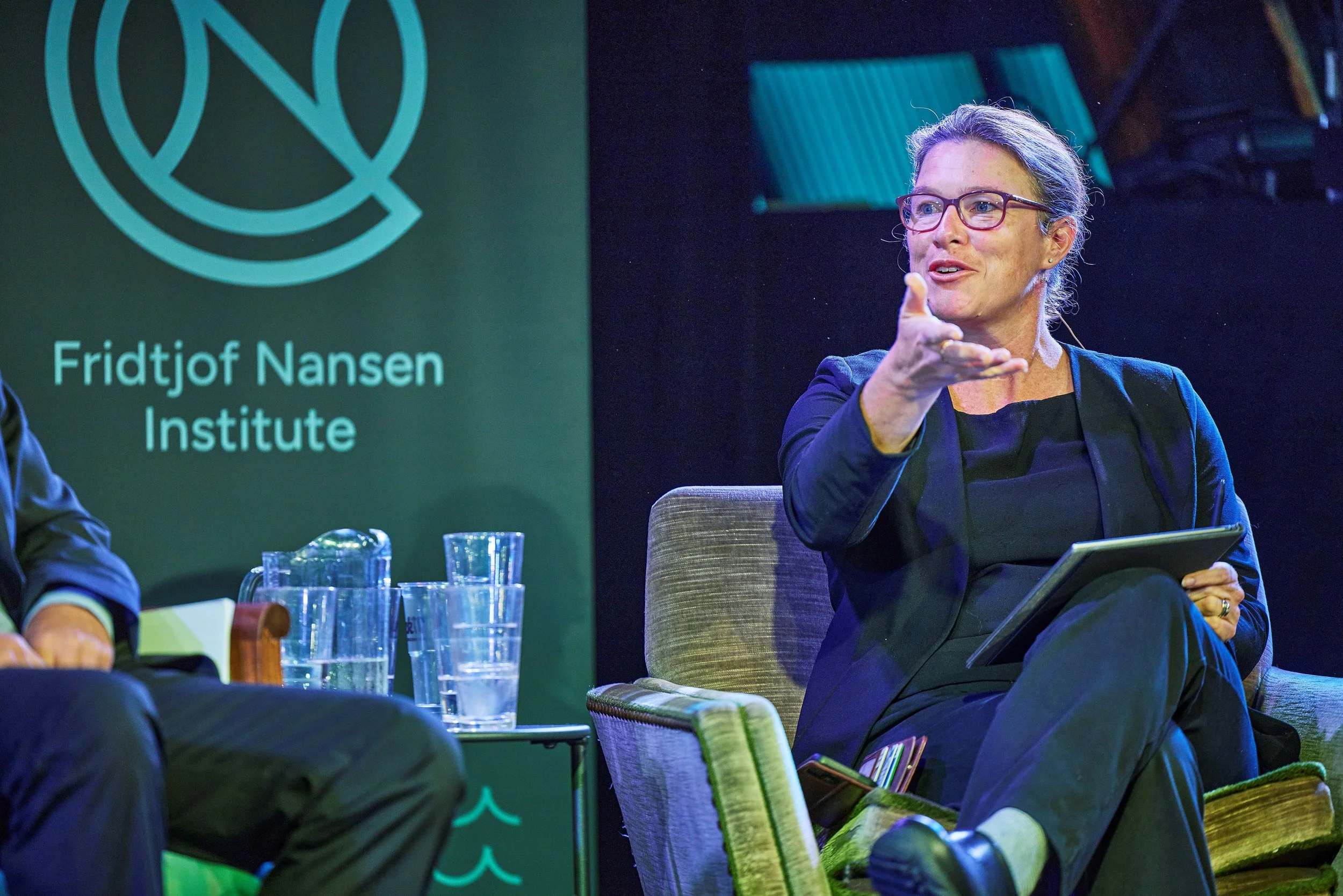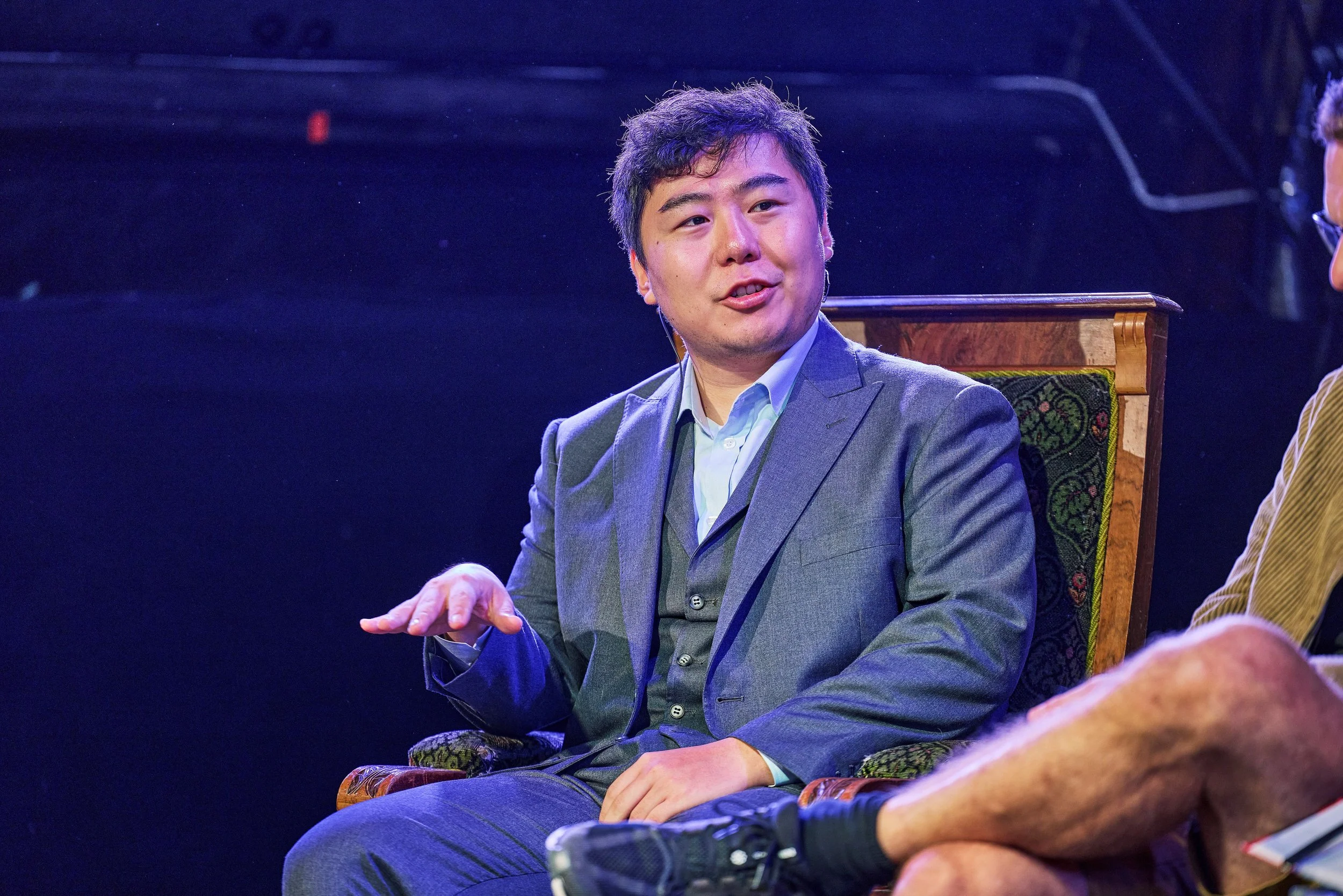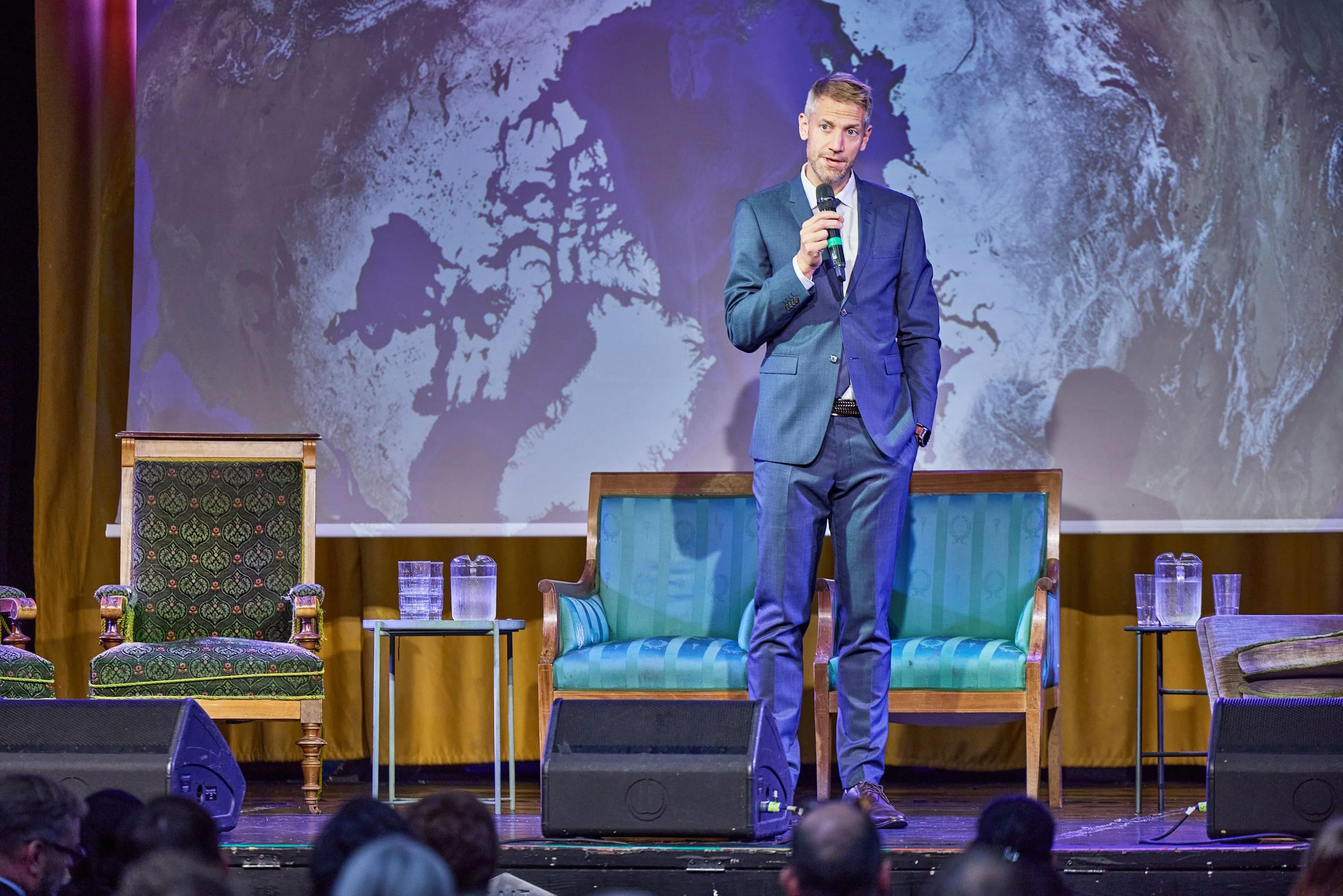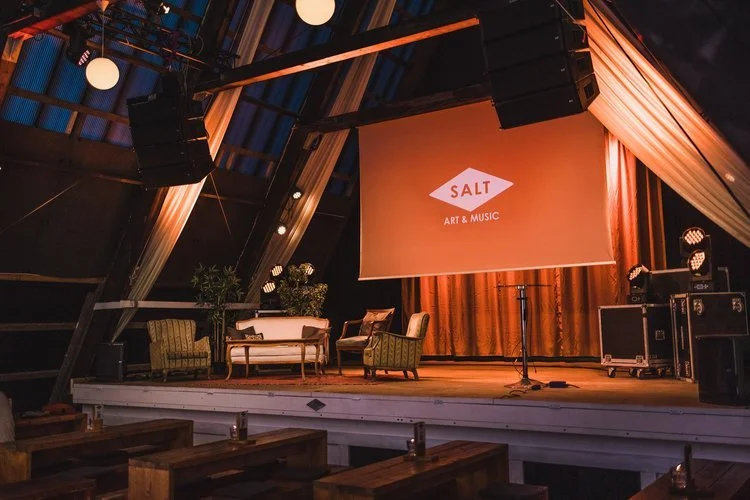
Arctic Security Conference 2025
Managing Polarization and Fragmentation
Oslo, Norway, September 18th
Building on the foundations of last year’s event, the Arctic Security Conference was held for a second time in 2025. The ASC aimed to facilitate in-depth discussions about the underlying drivers and logic shaping Arctic politics, by specifically concentrating on a single issue – security.
This year's conference was held on Thursday, September 18, with both open and closed events on Wednesday, September 17.
Organiser:
Partners:

PROGRAM:
Wednesday, Sep. 17
09:30 - 13:00
ASC Workshop
Open academic workshop. More information
13:40 - 15:00
The Arctic Council – it’s all about security
Open workshop at SALT. More information
15:00 - 16:00
Securing the Blue North: Ocean Industries in a Shifting Security Landscape
Open seminar at SALT. More information
19:00 - 20:30
Geopolitics on Tap:
Myths in Arctic Security
Open pubinar at Kulturhuset. More information
ARCTIC SECURITY CONFERENCE
Managing Fragmentation and Polarization
Thursday, Sep. 18
Hosts: Iselin Németh Winther & Andreas Østhagen, Fridtjof Nansen Institute
08:45 - 09:30
Registration
What are current challenges in the Arctic, especially from a Norwegian perspective? How do other countries and actors regard these challenges? This session will lay out operational and policy perspectives.
Chair: Andreas Østhagen, Research Director Arctic & Ocean Politics, Fridtjof Nansen Institute
Political:
Espen Barth Eide, Norwegian Minister of Foreign Affairs
Gunn-Britt Retter, Head of Arctic and Environmental Unit, Saami Council
Ine Eriksen Søreide, Chair of the Standing Committee on Foreign Affairs and Defence in the Norwegian Parliament
Michael Sfraga, Former U.S. Ambassador-at-Large for Arctic Affairs, Interim Chancellor, University of Alaska Fairbanks
Operational:
Eirik Kristoffersen, General, Chief of Defence Norway
Viktorija Rusinaité, Director of Research and Analysis, European Centre of Excellence for Countering Hybrid Threats
Maciej Stadejek, Deputy Managing Director, Security & Defence Policy, European External Action Service
Jørgen Gammelgaard, Special Representative for Euro-Atlantic Security, Ministry of Foreign Affairs of Denmark
09:30 - 11:15
State-of-affairs
11:15 - 12:10
Conflict
Will there be conflict in the Arctic? Is there already? With whom? Over what? Building on the first session, this one will discuss the Arctic conflict “narrative” and related facts and myths about what happens in the North.
Chair: Jennifer Spence, Director, Arctic Initiative, Harvard University
Marisol Maddox, Senior Arctic Fellow, The John Sloan Dickey Center for International Understanding, Dartmouth College
Pavel Devyatkin, Senior Associate at The Arctic Institute & Higher School of Economics
Erdem Lamazhapov, Phd Research Fellow, Fridtjof Nansen Institute
Ulrik Pram Gad, Senior researcher, Danish Institute for International Studies
12:10 - 13:00
Lunch
Sandwiches
Do local security interests diverge with national interests? What are “local” interests in the North? How do these differ from the South, and across the Arctic? This session will debate local and regional perceptions of security in the Arctic.
Chair: Gunhild Hoogensen Gjørv, Professor, UiT: Arctic University of Norway
Magnus Mæland, Mayor, Sør-Varanger Municipality
Samuel Pallaq Huyer, NAADSN Research Fellow / Trent University graduate student
Mikkel Berg-Nordlie, Senior researcher, Oslo Metropolitan University
Anthony L. Russel, Executive Director, Center for Arctic Study and Policy, United States Coast Guard Academy
13:00 - 14:00
Citizens
What are global perspectives on Arctic geopolitics? Does the Arctic matter to global geopolitics and security considerations? How? This session will tease out how non-Arctic actors view and engage with the Arctic - with a particular focus on India, and how this influence the region’s security issues.
Chair: Andreas Raspotnik, Director, High North Center at Nord University Business School
Stuti Banerjee, Senior Research Fellow, Indian Council of World Affairs
Muthu Krishnan, Cmdr, Centre for Arctic Studies, Indian Naval War College
Sophie Arts, Fellow, Transatlantic Security, German Marshall Fund United States
Iver B Neumann, Director, Fritdjof Nansen Institute
14:00 - 15:00
Outsiders
15:00 - 15:30
Kaffe & boller
What solutions exist to manage security issues in the Arctic? At the extreme, how do we avoid war in the Arctic? Building on the previous sessions, this session will examine what solutions, if any, exist that can enable stability and avoid conflict in the region.
Chair: P. Whitney Lackenbauer, Professor and Canada Research Chair, Trent University and NAADSN
Guobjorg Rikey Hauksdottir, Predoctoral Research Fellow, Arctic Initative, Harvard University
Heather Exner-Pirot, Senior Fellow, Macdonald-Laurier Institute
Paal Sigurd Hilde, Professor, Norwegian Institute for Defence Studies
Lassi Heininen, Professor Emeritus, University of Helsinki
15:30 - 16:30
Solutions
Do we misunderstand “the Arctic”? What fuels the conflict-driven narratives about the region? How do stories from journalists and analysts drive Arctic security developments? This last session of the conference will examine how local and international journalists approach the Arctic, and their influence.
Chair: Arne O. Holm, Editor-in-Chief, High North News
Gro Holm, Foreign Affairs Commentator, NRK
Thomas Nilsen, Editor, The Barents Observer
Mia Bennett, Associate Professor, University of Washington
Anu Fredrikson, Executive Director, Arctic Frontiers
16:30 - 17:30
Attention
17:30
Informal reception
Informal reception and mingling at Bazaar, SALT
ASC Workshop
In connection with the Arctic Security Conference, a closed workshop will be held on Wednesday, September 17. The ASC Workshop will bring together academics for in-depth discussions on selected topics shaping ongoing debates among Arctic scholars.

SALT began as an art project in 2014 on Sandhornøy, Northern Norway, centered around the traditional fish-drying rack (fiskehjell). After several years as a nomadic initiative, SALT found a permanent home in Oslo, where it now represents Northern Norwegian (Arctic) culture and architecture in the capital.












































